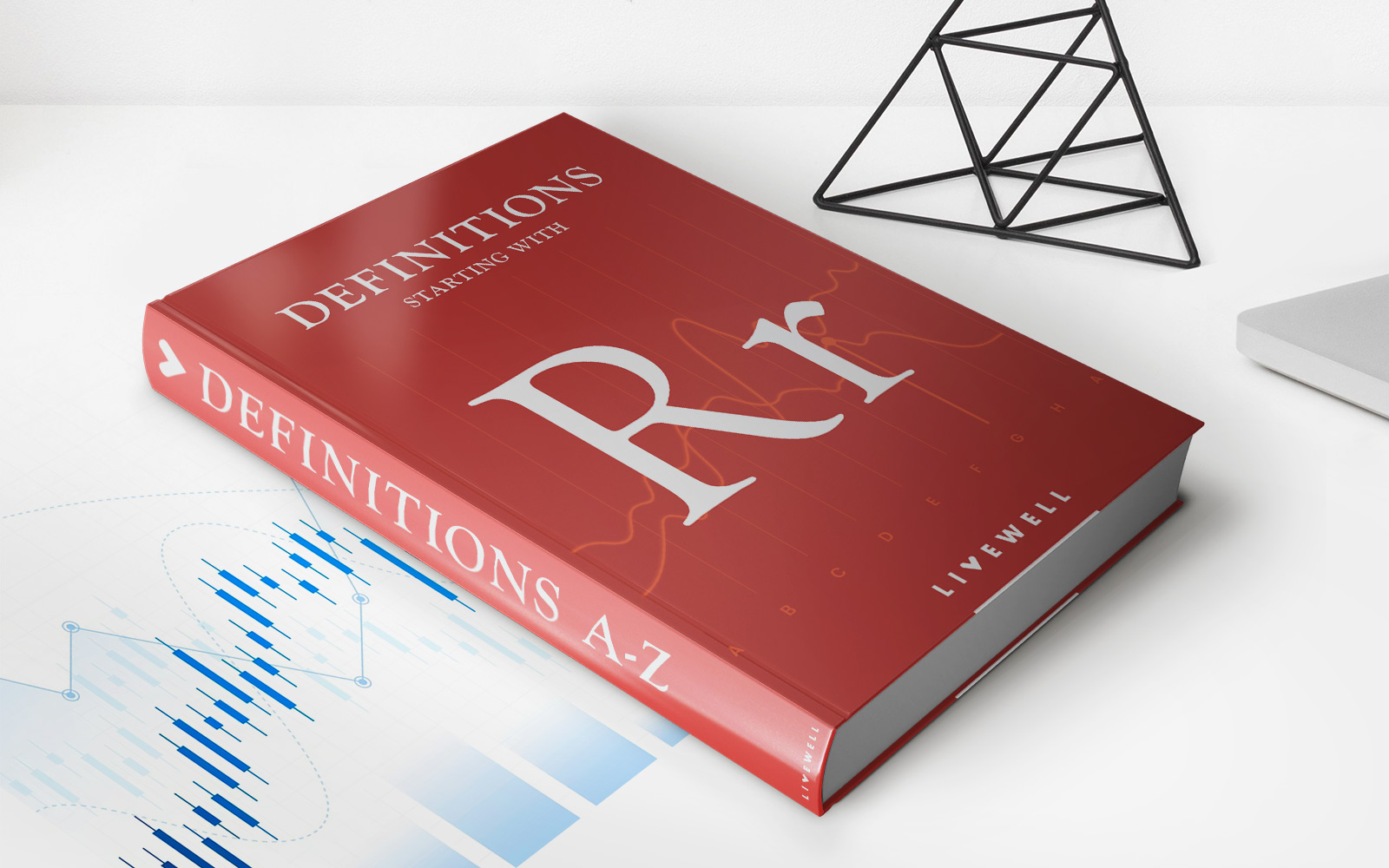Home>Finance>What Is The Russell 1000 Index? Definition, Holdings, And Returns


Finance
What Is The Russell 1000 Index? Definition, Holdings, And Returns
Published: January 22, 2024
Learn the definition, holdings, and returns of the Russell 1000 Index in finance. Gain insights into this influential stock market benchmark.
(Many of the links in this article redirect to a specific reviewed product. Your purchase of these products through affiliate links helps to generate commission for LiveWell, at no extra cost. Learn more)
What Is the Russell 1000 Index? Definition, Holdings, and Returns
When it comes to the world of finance, there are a variety of indices that investors and financial professionals use to gauge the performance of the stock market. One such index is the Russell 1000 Index. But what exactly is the Russell 1000 Index, and why is it important for investors? In this blog post, we will explore the definition, holdings, and returns of the Russell 1000 Index to help you better understand its significance in the world of finance.
Key Takeaways:
- The Russell 1000 Index is a stock market index that represents the top 1,000 stocks in the U.S. equity market.
- It is widely used by investors and financial professionals as a benchmark for large-cap stocks.
Definition
The Russell 1000 Index is a stock market index that encompasses the performance of the largest 1,000 publicly traded companies in the United States. It is part of a series of Russell indices created by the global index provider FTSE Russell. The index is widely regarded as a benchmark for large-cap stocks and is often used by investors and financial professionals to track the performance of the U.S. equity market.
Holdings
The Russell 1000 Index includes a diverse range of companies from various sectors and industries, representing a significant portion of the U.S. stock market. Some of the key holdings in the index may include well-known companies such as Apple, Microsoft, Amazon, Facebook, and Johnson & Johnson. However, it’s important to note that the composition of the index is regularly reviewed and rebalanced to reflect the changing dynamics of the market.
The index is weighted by market capitalization, meaning that larger companies have a greater influence on the index’s performance. This can provide investors with a snapshot of the overall market sentiment towards large-cap stocks and help them assess the performance of their own portfolios in comparison to the index.
Returns
The Russell 1000 Index has historically delivered solid returns to investors over the long term. Its composition of large-cap stocks is often considered less volatile than small-cap or mid-cap stocks, making it an attractive investment option for many investors. However, it’s important to note that past performance is not indicative of future results, and investing in the stock market always carries a certain level of risk.
Furthermore, the specific returns of the Russell 1000 Index will vary depending on market conditions and the performance of its component stocks. Investors interested in tracking the returns of the index can find real-time information through financial news websites, investment platforms, or by accessing relevant market indices on their preferred financial service.
In Conclusion
In summary, the Russell 1000 Index is a widely recognized and respected benchmark for large-cap stocks in the U.S. equity market. By understanding its definition, holdings, and historical returns, investors and financial professionals can use this index as a tool to assess market performance, gauge investment strategies, and make informed decisions to achieve their financial goals.














